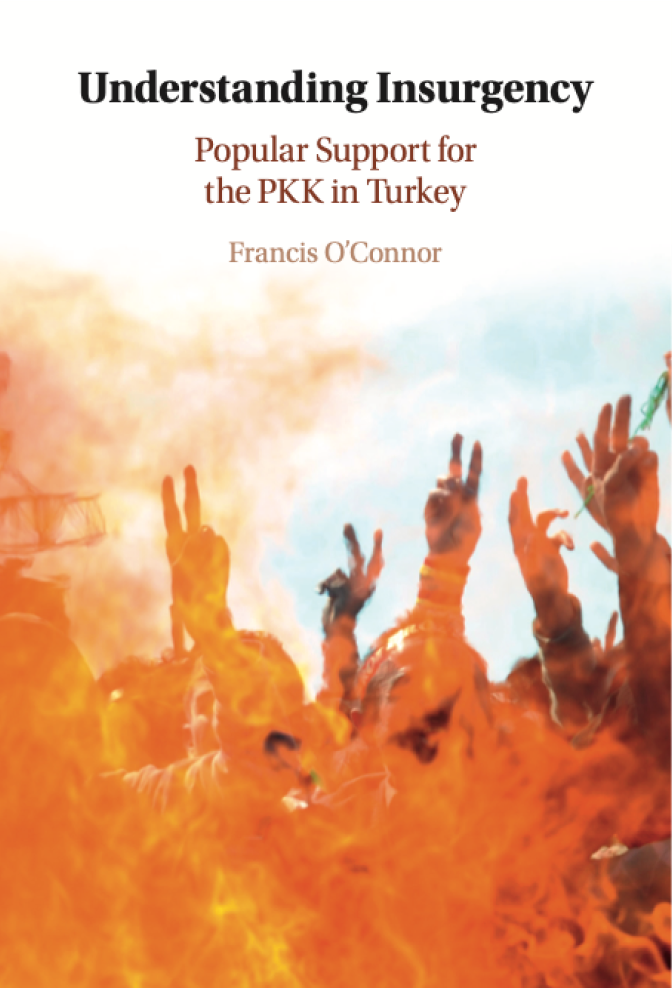
Understanding Insurgency
Popular Support for the PKK in Turkey
No insurgent movement can survive in the medium to long term without some degree of popular support, but what does it mean to support an armed group? How can the relationship between armed groups and their supporters be conceptually understood? How does this relationship vary spatially? What role does violence have in the relationship? Using the case of the first three decades of the PKK’s insurgency in Turkey, this book addresses these questions.
Drawing on Civil War, Social Movements and Rebel Governance literatures, this book empirically outlines how the PKK survived a military coup in 1980 and slowly won popular support through incipient forms of rebel governance, the targeted use of violence and a nuanced projection of its ideology and objectives. It spatially disaggregates the PKK’s support base by looking at different environments where it obtained mass support, in the Kurdish countryside and urban centres, and the cities of Western Turkey.
Buy it Online




